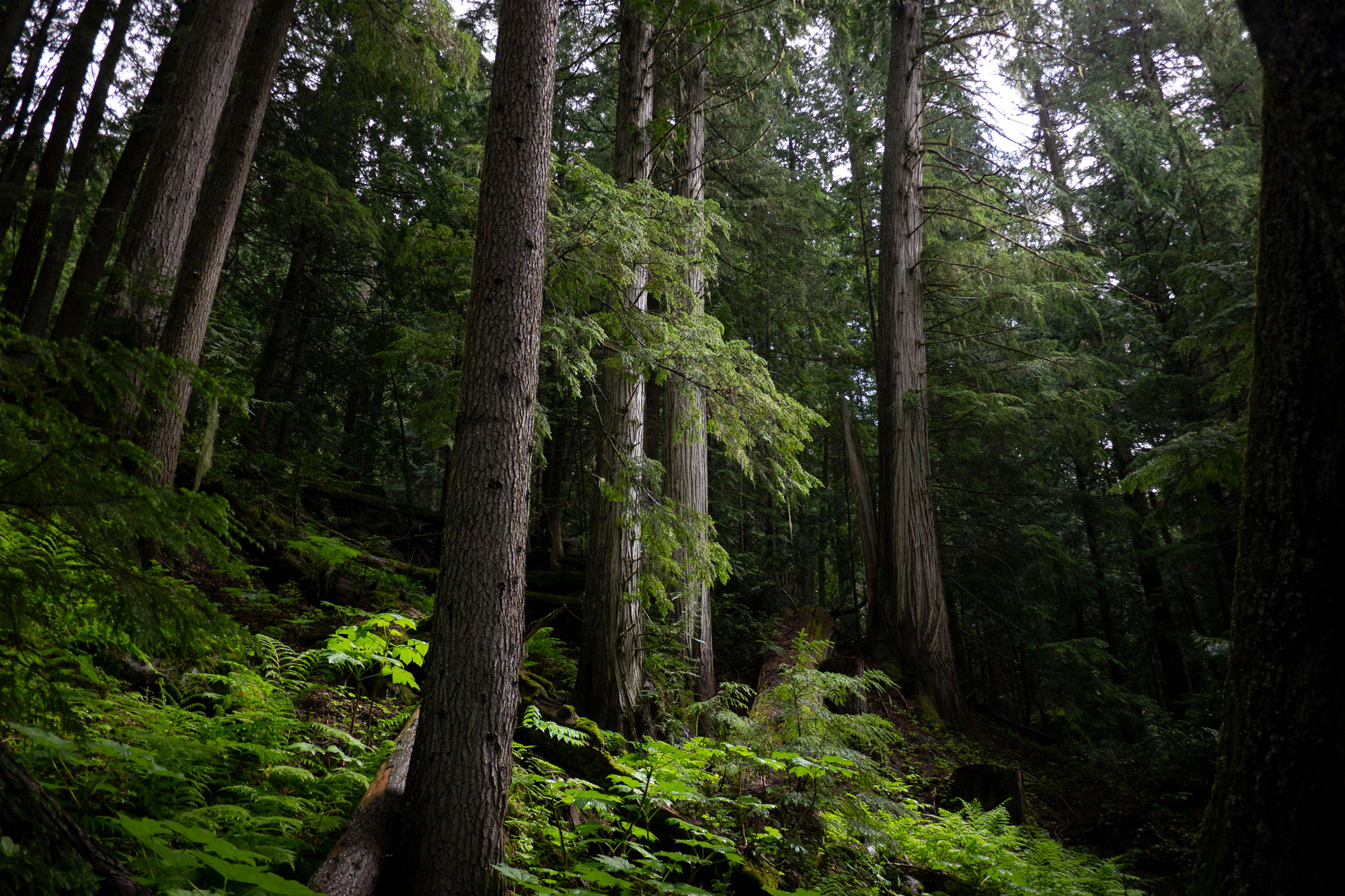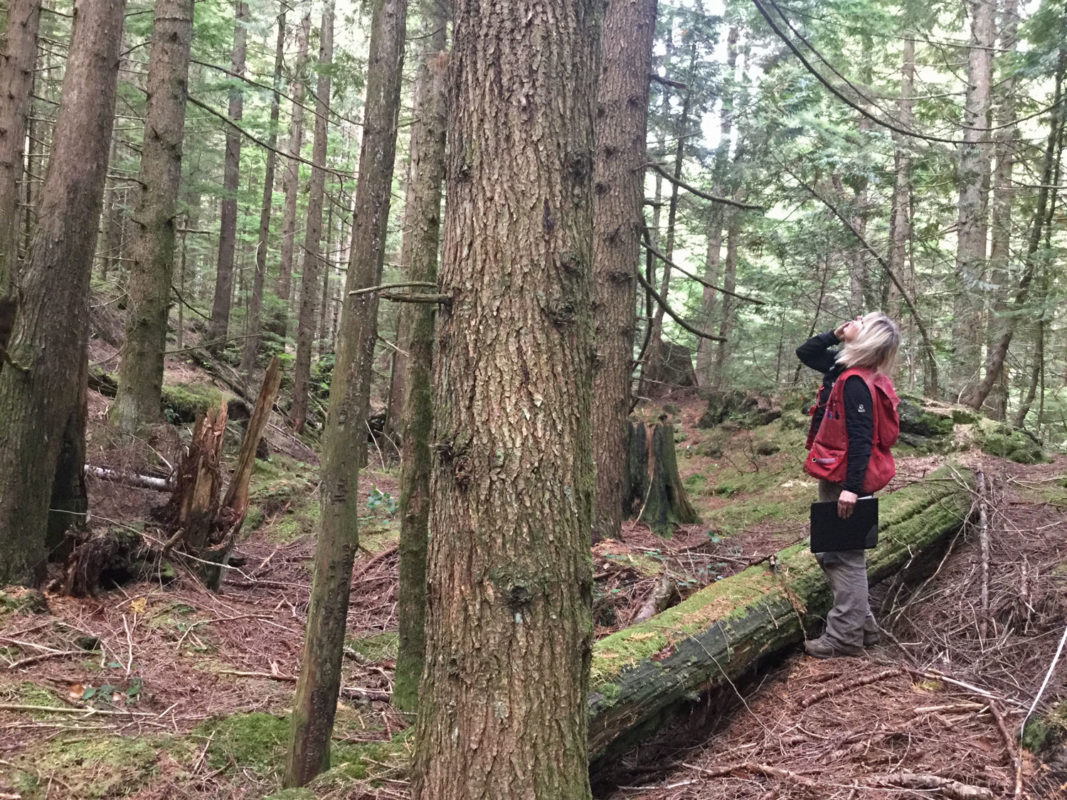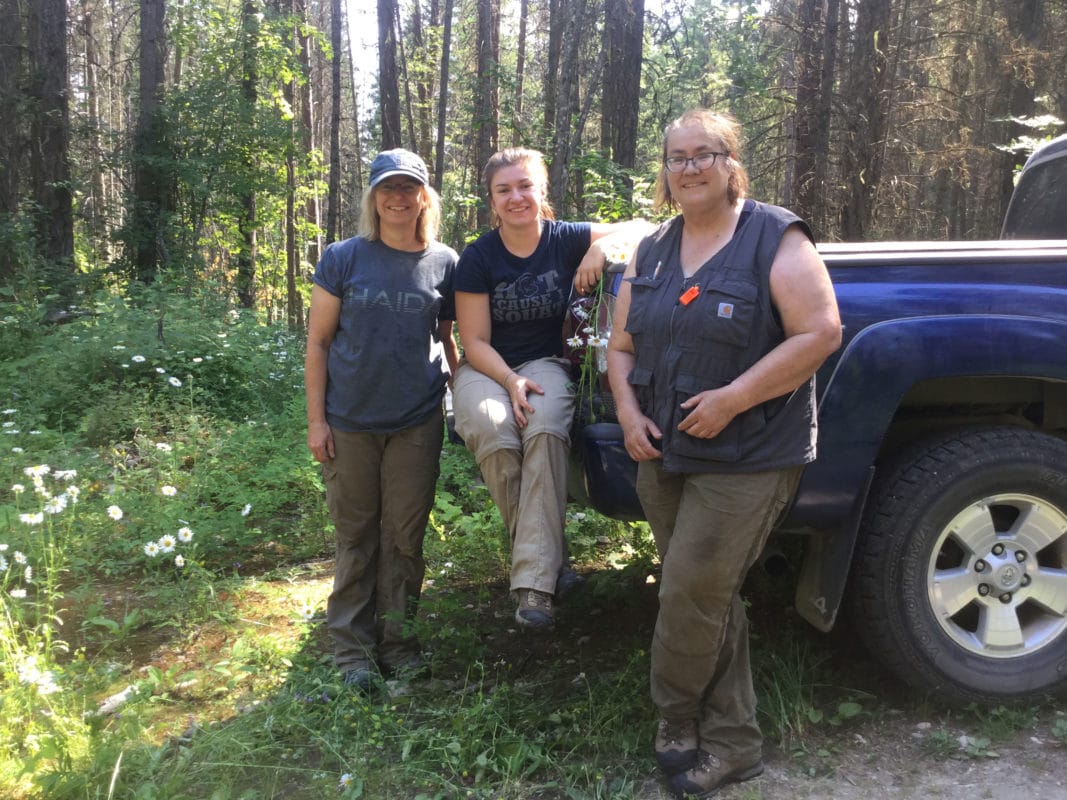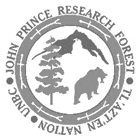The Mother Tree Project & Program (MTPP) is a research and outreach initiative housed in UBC’s Faculty of Forestry & Environmental Stewardship, rooted in the idea that forests are deeply interconnected systems, not just collections of individual trees.
At the heart of the program is the Mother Tree Project (MTP), established in 2015 by internationally acclaimed author and UBC Forest Conservation Sciences ecologist Dr. Suzanne Simard. MTP stands at the forefront of regenerative forestry research, addressing the urgent need to steward and safeguard British Columbia’s forests amid intensifying climate threats.
Learn More
























